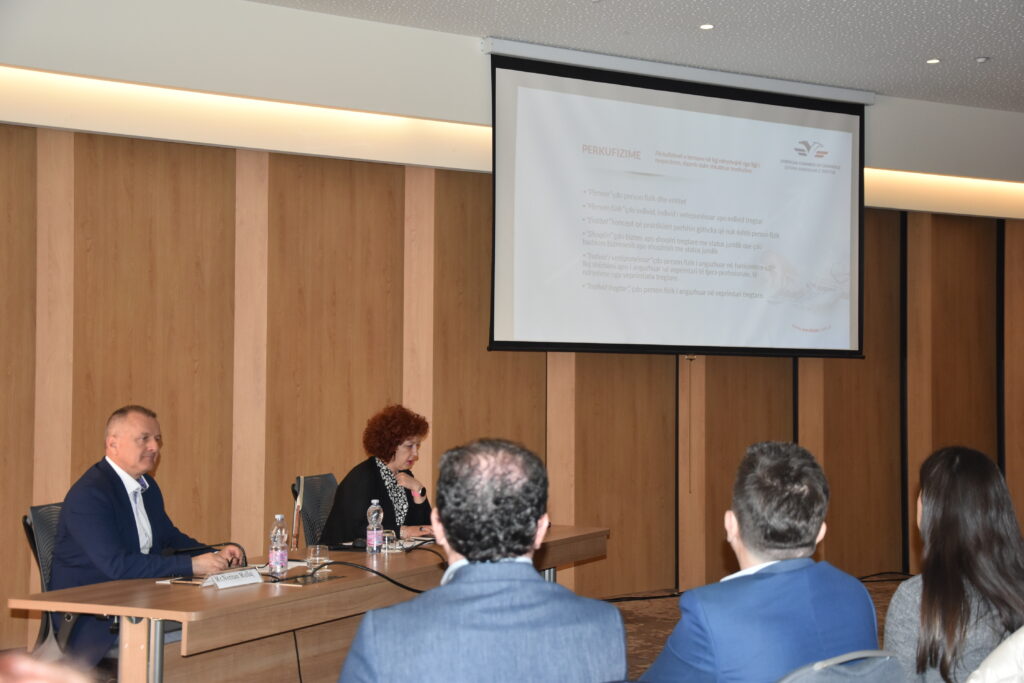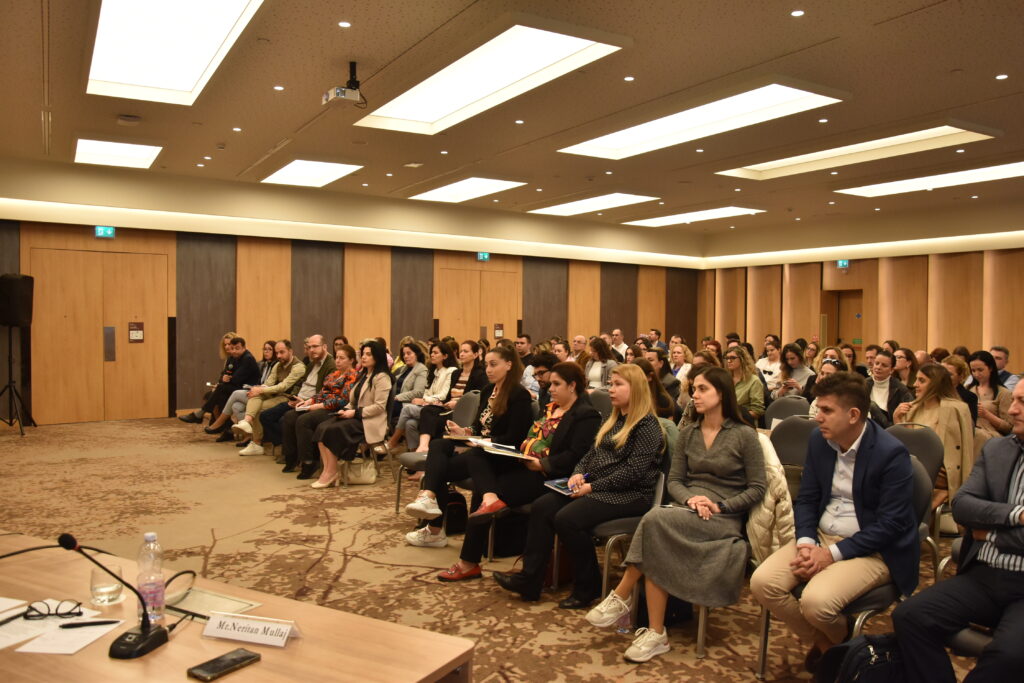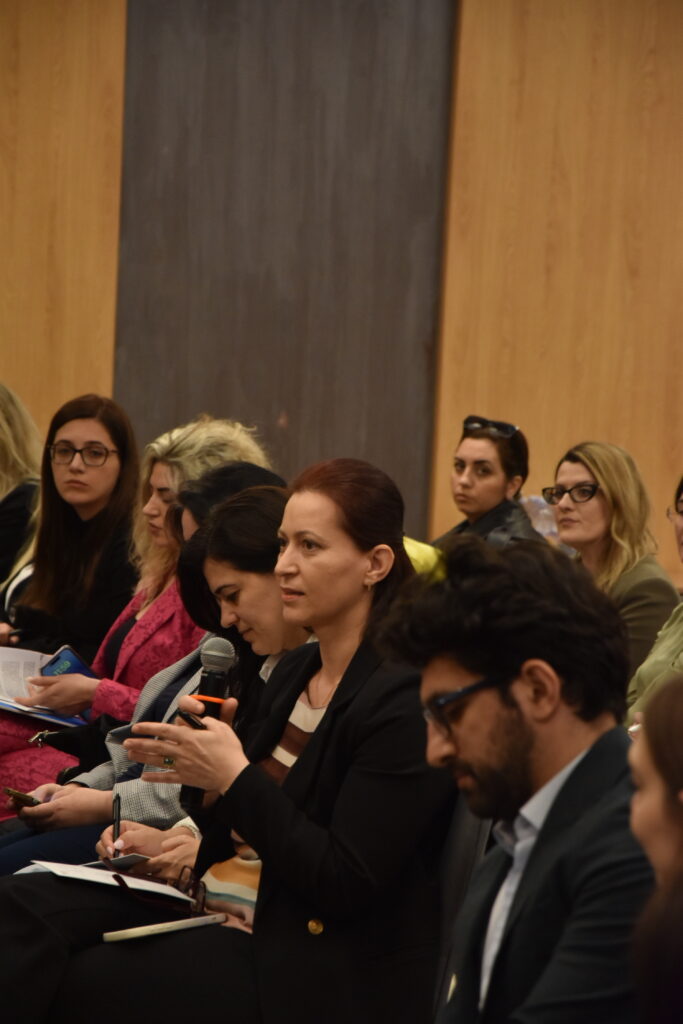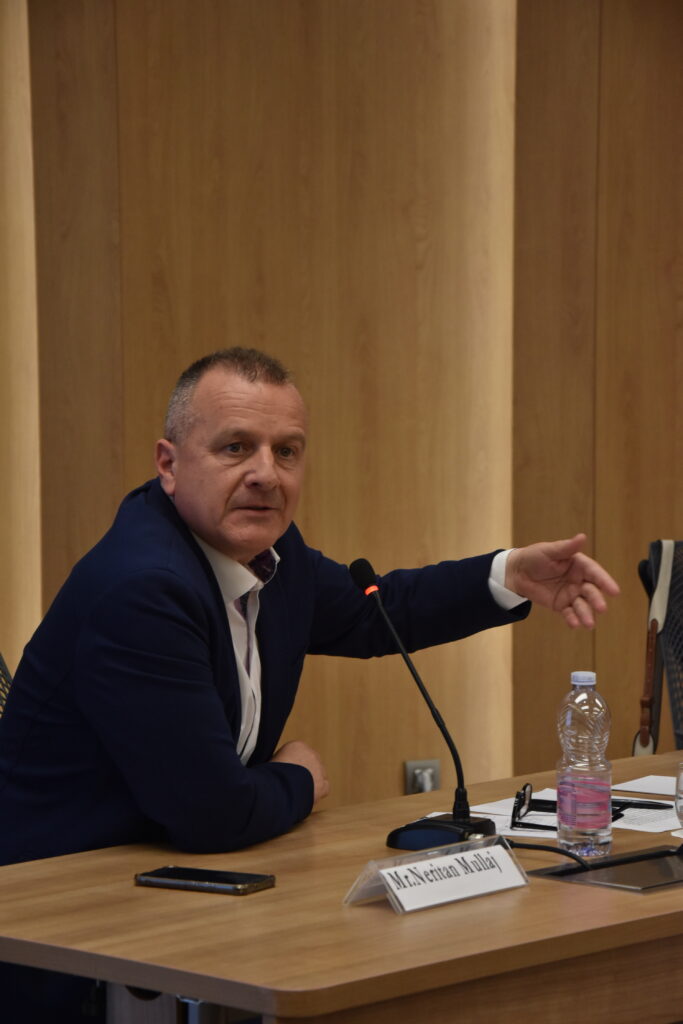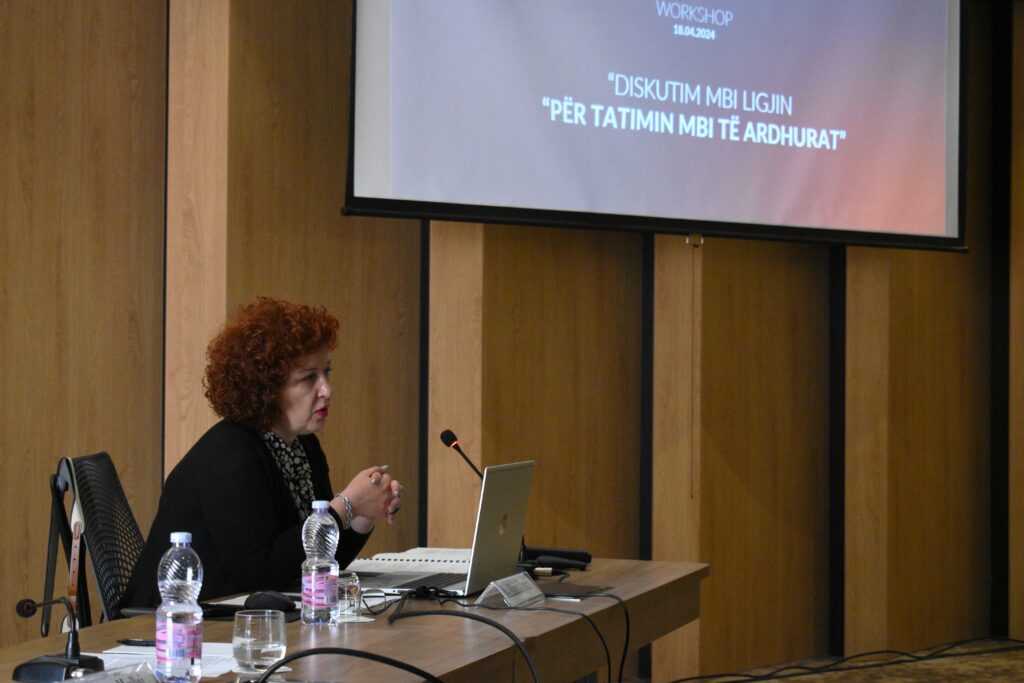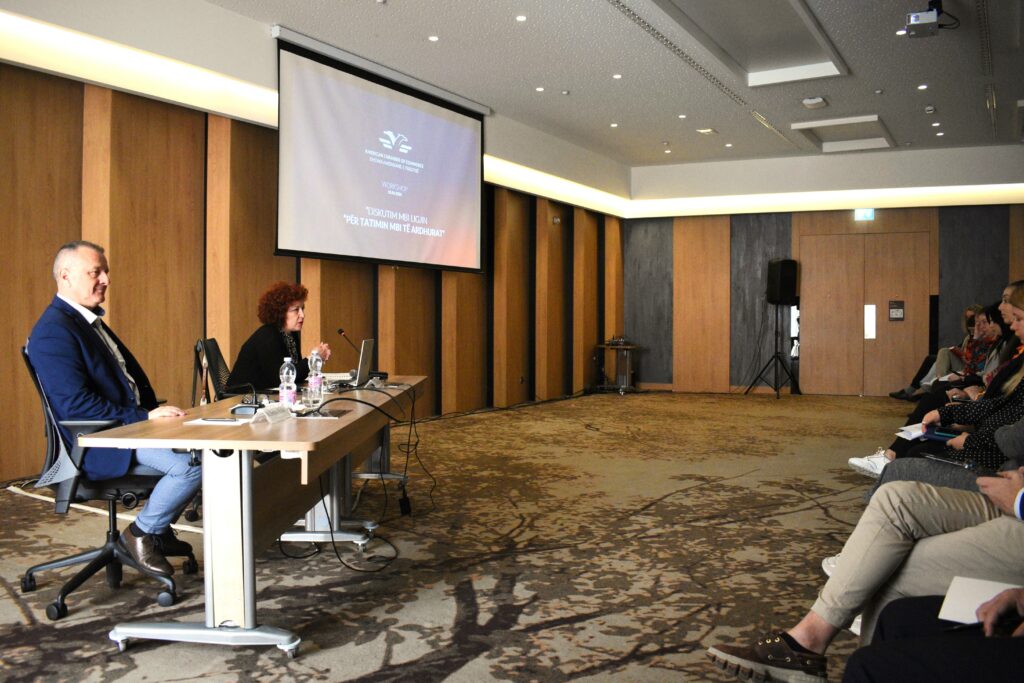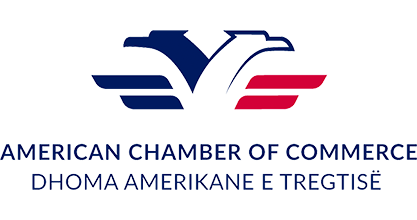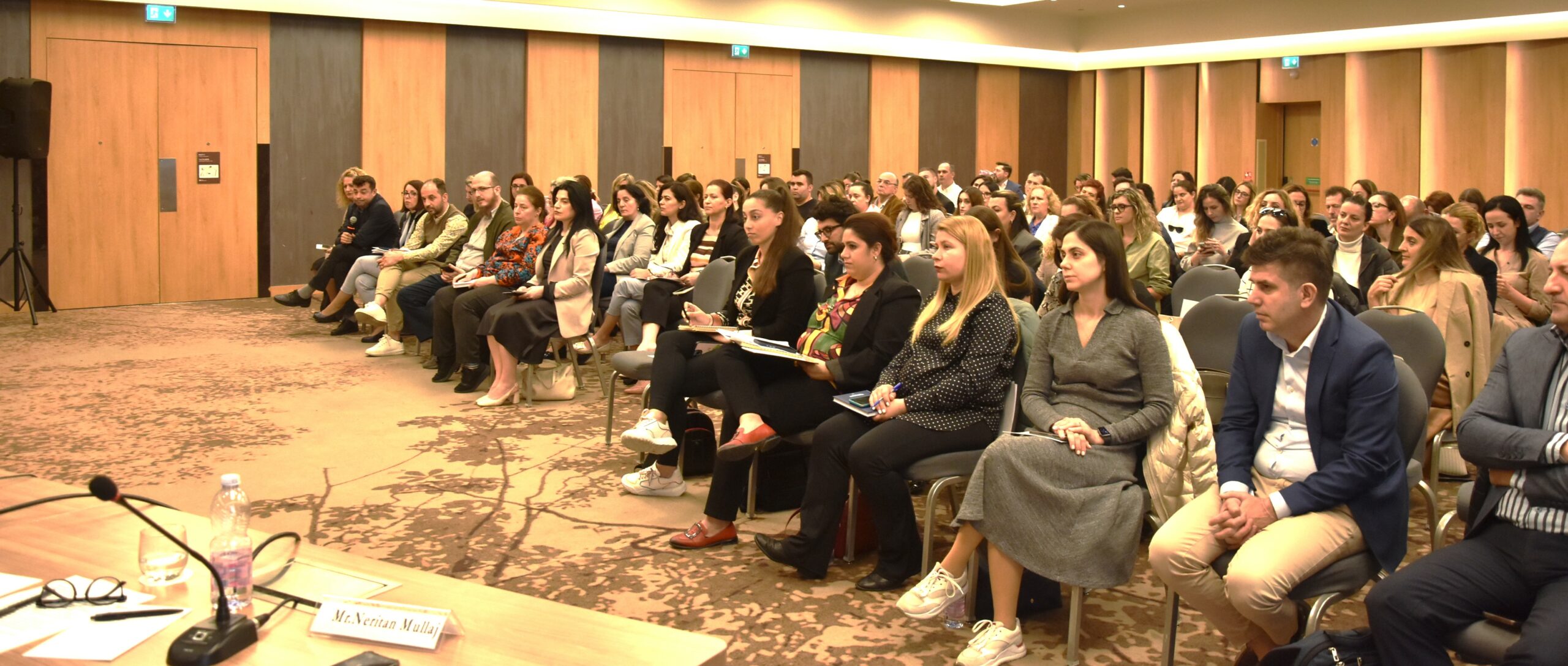Tirana, April 18, 2024 – The American Chamber of Commerce (AmCham) organized a Seminar on Income Tax Law, exclusively initiated for its members. The seminar aimed to provide comprehensive knowledge on recent changes in the legal framework of income taxation and to offer suggestions for its effective implementation.
The discussion focused on the novelties of the new law, emphasizing not only legislative changes but also highlighting the technical challenges encountered during its implementation. Tax Committee experts have worked extensively on the law and guidance, and the seminar focused on enhancing members’ understanding and facilitating seamless integration of these changes into their business operations.
The seminar provided a platform for engagement and highly active discussion. Neritan Mullaj, Executive Director of the American Chamber, emphasized the importance of the event, highlighting the necessity to clarify and discuss the changes in income tax law. “The high interest in the topic of this seminar proves how necessary it is to explain and discuss the changes the law has undergone. It was our goal to help the staff of member companies of the American Chamber understand some fundamental elements of the law, and I think we achieved that goal very well together,” Mr. Mullaj stated.
The diligent efforts of the Tax and Customs Committee experts were appreciated for drafting precise comments and guidance on the law. Leveraging their expertise, the American Chamber effectively communicated relevant issues to the Ministry of Finance through an official letter, aiming to address concerns arising from its implementation. These efforts aimed to mitigate subjectivity in interpreting the law, thereby facilitating its implementation.
During the seminar, the Head of the Tax and Customs Committee, Mrs. Alketa Uruçi, delivered a comprehensive presentation, elucidating fundamental aspects arising from legislative changes that businesses need to pay attention to.
Reflecting on the Committee’s efforts, Mrs. Uruçi emphasized their commitment to enhancing the practicality and efficiency of the law, expressing, “As a commission, we have worked hard and provided our comments to make the law not only more practical but also more efficient, in efforts to reduce informality and subjectivity.”
“The law continues to have issues and leaves room for informality, as it categorizes businesses based on legal form and contains tax exemptions for specific categories that do not incentivize the formalization of the economy,” Mrs. Uruçi stated.
More than 120 professionals from various businesses, members of the American Chamber of Commerce, participated in the seminar.
